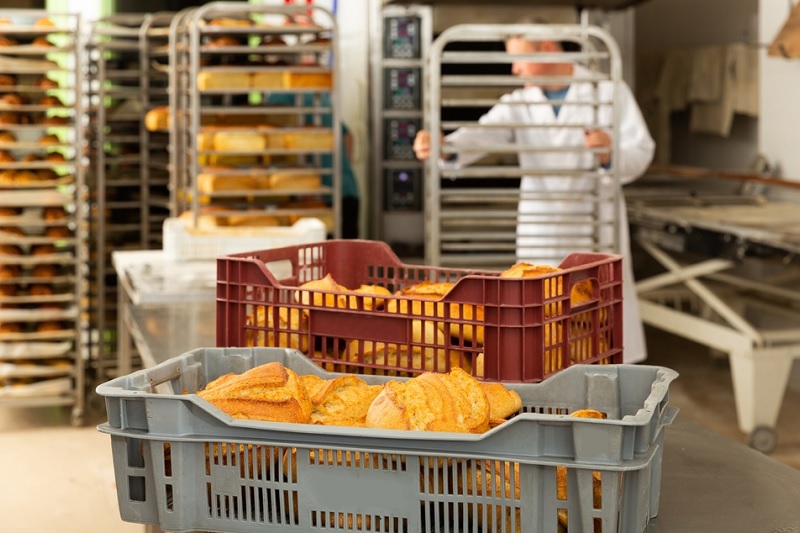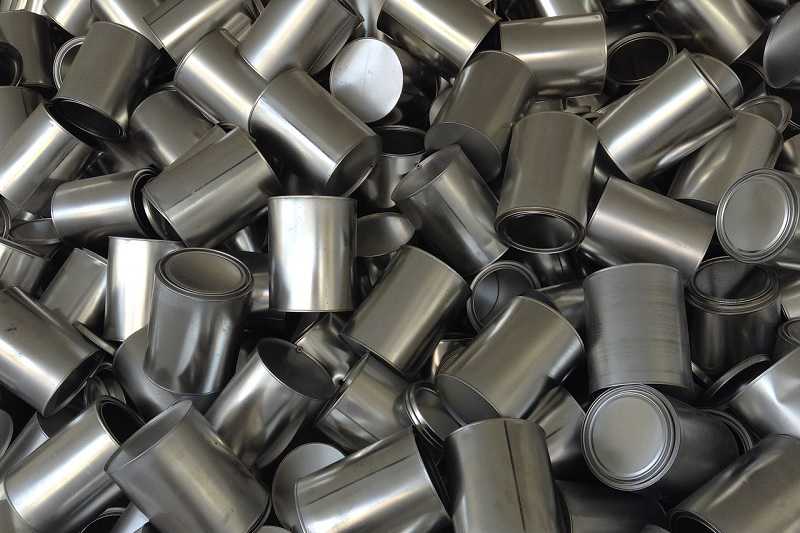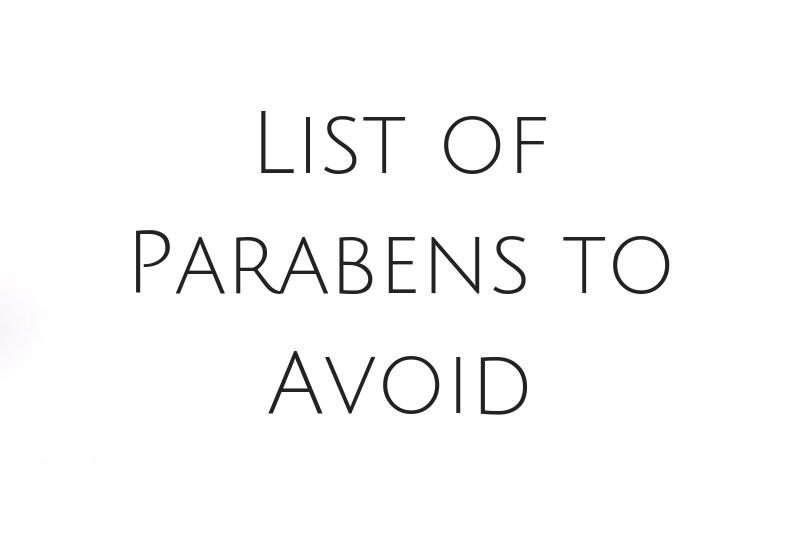Bread is one of the most commonly consumed foods in the United Kingdom. We have toast for breakfast, sandwiches for lunch, croutons in salads, and garlic bread with our dinner.
However, bread can be a highly processed food! Therefore, many people are curious about what actually goes into a loaf of bread. Or, more specifically, what additives are there in UK bread?
Here we look at the most common additives used in breadmaking and the purpose of each.
We also discuss the health implications of eating highly processed bread rich in additives and whether or not bread is safe to eat.
What Food Additives Does a Loaf of Bread Contain?
Since the first loaf of bread was made, additives have been added to recipes to help improve the texture and taste.
Food additives also help to preserve bread for longer shelf life, enhance other bread characteristics, and make it safer for consumption.
But what additives are there in UK bread today? Let’s go through each step of the modern breadmaking process and find the particular chemicals and E numbers used in the UK.
Flour treatment agents
All bread is made from two essential ingredients: flour and water.
Different types of flour are used depending on the bread in question and the desired characteristics. For example, white bread is made using refined white flour, and wholemeal bread is made using whole wheat flour. However, flour is a primary component of all bread recipes.
To make flour suitable for breadmaking, it is often treated with ascorbic acid (E300, also known as vitamin C).
Other bakers use L-cysteine Hydrochloride (E920). Both of these food additives perform several functions, including:
- Strengthening the gluten in the flour
- Making for a better and quicker rise when baking
- Reducing the thickness of the crust
- Increasing the volume of the final loaf
Emulsifiers
Emulsifiers are commonly added to loaves of bread in the UK. These compounds have both fat-loving and water-loving regions. Therefore, they’re used to produce bread and other foods containing water and oil. Their presence helps these repelling substances bind together effectively.
As such, emulsifiers are useful in breadmaking as they make the dough components come together. This dough strengthening makes it much easier to handle.
The emulsifiers’ binding properties also help increase the bread’s volume by improving gas retention. Starch retrogradation is also reduced, extending the bread’s shelf-life and helping soften the crumb.
Examples of emulsifiers legal in the UK used for the purpose of breadmaking include:
- E471: Mono and di-glycerides
- E472(e): Mono and di-acetyltartaric acid esters of fatty acids
- E481: Sodium stearoyl lactylate
- E482: Calcium stearoyl lactylate
- E322: Lecithin
Preservatives
Artificial food additives are used as preservatives in UK bread, the most common examples being calcium propionate (E282) and potassium sorbate (E202).
These two substances increase the acidity of the bread. Acidic substances are less hospitable environments for bacteria and other micro-organisms, meaning shelf-life is enhanced.
Alternatively, natural preservatives can be used in bread production. Vinegar is a great example. As an acidic substance, this works in the same way as E282 and E202.
Naturally fermented wheat flour also has a preservative function. The bacterium used for fermentation actively fights off unwelcome and dangerous microorganisms. The most famous fermented bread is sourdough.
Are Food Additives in UK Bread Safe?
Before additives can be added to any foods in UK products, they must be approved by the UK Food Standards Agency (FSA). This includes flour additives and other enzymes and E numbers used to make bread.
Only certain additives in flour are allowed by law, and all food manufacturers must follow a strict list of approved additives and E numbers.
To be approved for use in food, the FSA assesses the health of every additive to determine its safety. The FSA imposes stricter rules than most places in the world, especially compared to the US, providing confidence that the bread on our supermarket shelves doesn’t carry any significant health risks from additives.

Hannah is a freelance content writer passionate about natural health, mindfulness, and the environment. She shares her enthusiasm for a conscious lifestyle on Naturaler, inspiring others to take the steps towards a more natural and fulfilling life



